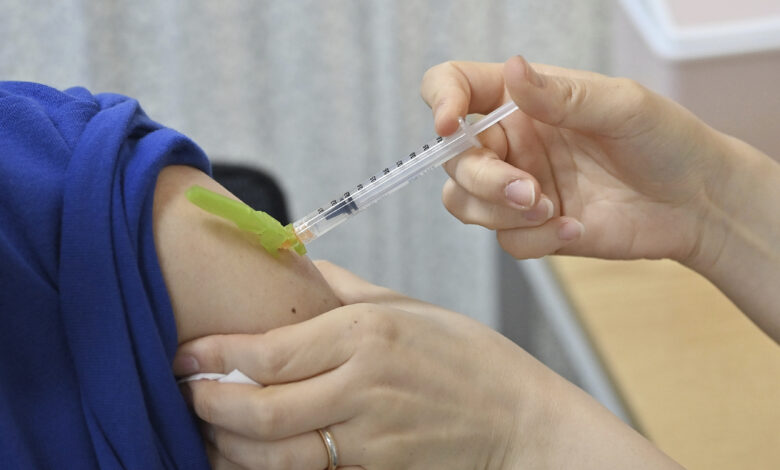Syphilis: A Provider’s Guide to Treatment and Prevention

Cases of syphilis have increased in Missouri over 600% since 2013. Often, it is diagnosed late.
Black Missourians are disproportionately affected with an infection rate four times that of white Missourians.
Congenital syphilis occurs when a mother with untreated syphilis unknowingly passes the infection to the infant during pregnancy. This can cause miscarriages and stillbirths or have major health impacts on the baby including deformed bones, brain and nerve problems, and low birth weight.
Individuals who are sexually active should be tested for syphilis. For participants with MO HealthNet (Medicaid) coverage there is no limit to the number of times they may be tested. Providers should bill as they normally do for reimbursement of each test. Infection rates have increased for men and women of all sexual orientations, especially among those who use illegal substances. Syphilis is curable with the correct antibiotic treatment, which depends on the individual’s infection stage.
The Department of Health and Senior Services (DHSS) offers free materials and literature, visit Sexually Transmitted Infections to learn more. The Centers for Disease Control and Prevention (CDC) have created a guide to educate physicians and healthcare providers on the diagnosis, treatment, and prevention of syphilis. Refer to Syphilis Pocket Guide for Providers to learn more.
For questions, contact DHSS at STI@health.mo.gov or (888) 252-8045.



